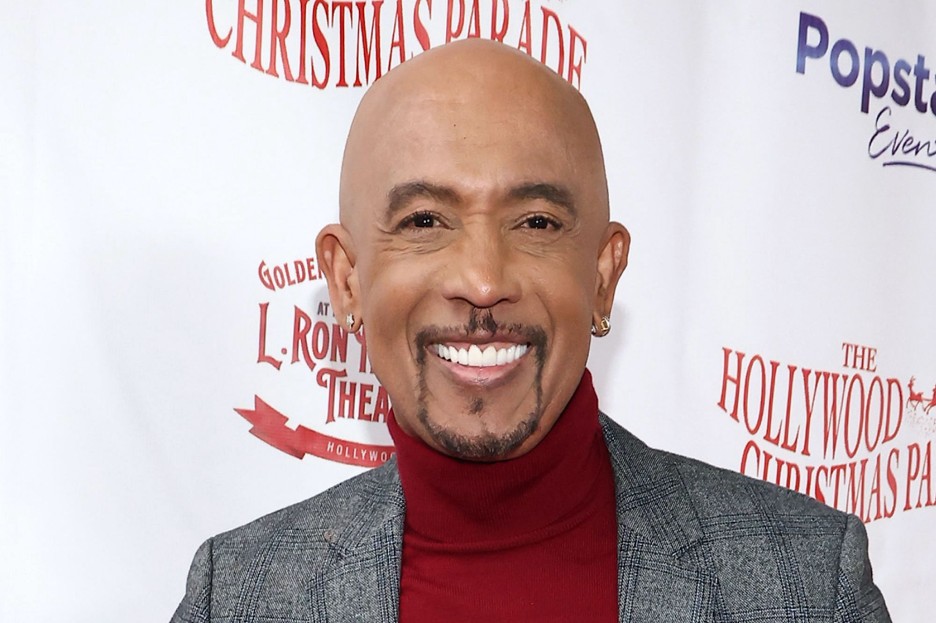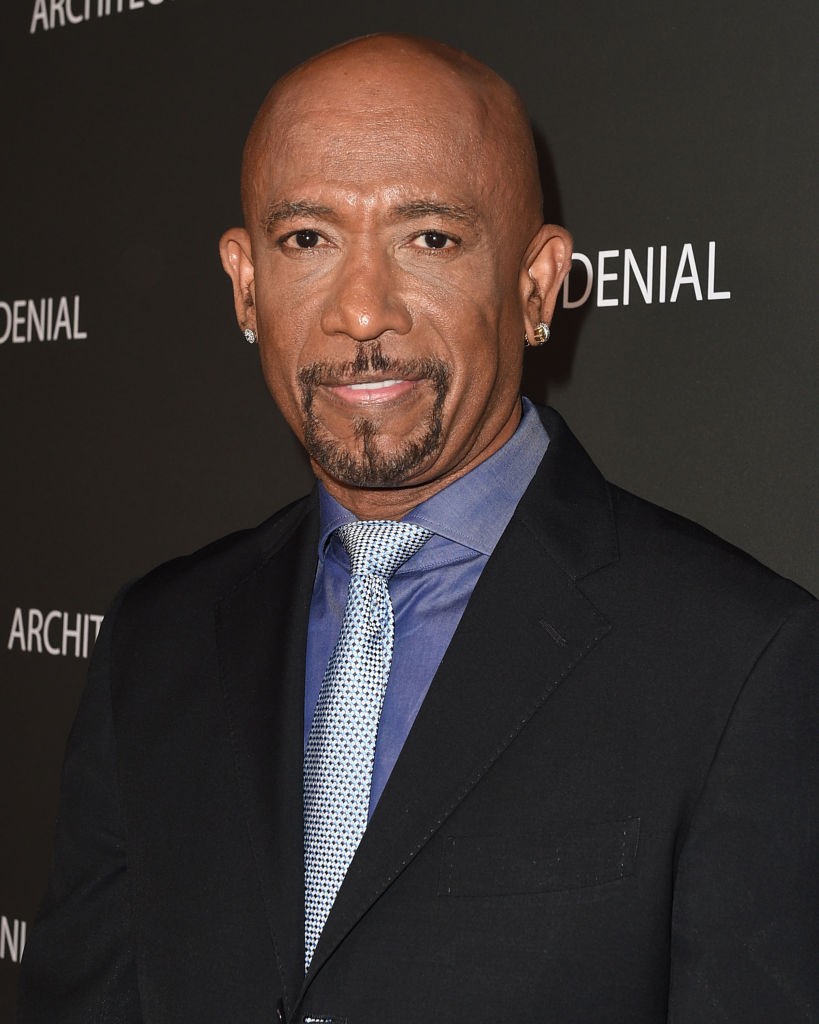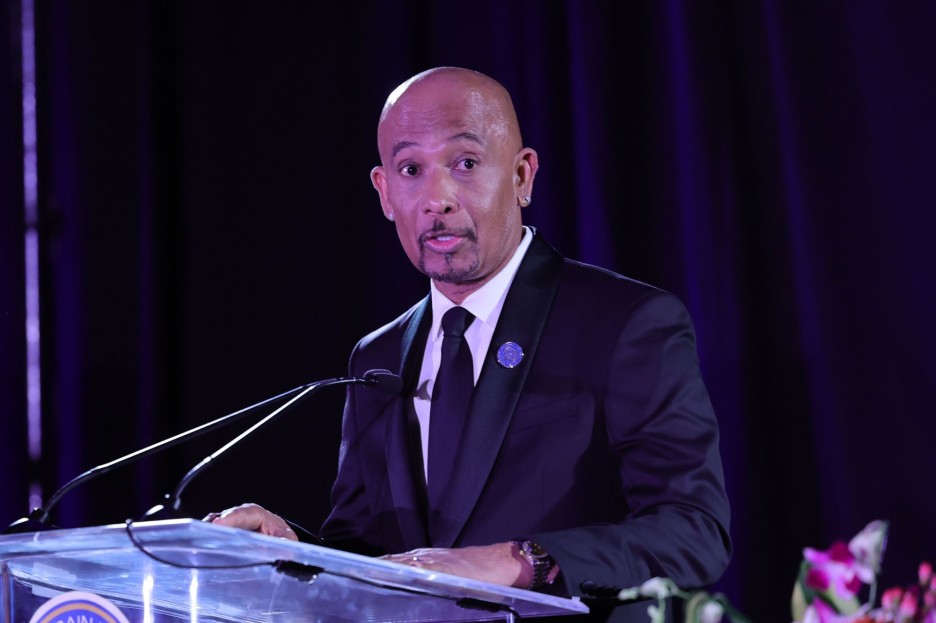Montel Williams Says His Doctor Threatened to Call the DEA After He Was Taking 13 Pills a Day

Montel Williams, the veteran talk show host and longtime advocate for multiple sclerosis awareness, has newly opened up about his past struggles with opioid addiction — even revealing that, at one point, his primary care doctor threatened to call the Drug Enforcement Agency (DEA) on him.
In a candid new interview on Maria Menounos' Heal Squad podcast, the 68-year-old entertainer detailed how, at the height of his fame, obtaining prescription drugs in Hollywood became alarmingly easy for him — and how the habit then quickly spiraled out of control.
Read more: LeBron James' NBA Return Sparks Debate After UFC Star's Explosive Claims About Diddy Parties
"Back then, as celebrities, we could get whatever we wanted," Williams admits, reflecting on the years he spent traveling for The Montel Williams Show, which he hosted from 1991 to 2008, as People reported this week.
Williams was diagnosed with multiple sclerosis in 1999, and he initially turned to prescription painkillers to manage his chronic pain. But the system made it effortless to overindulge.

"All I had to do was call the hotel concierge and ask for a doctor," Montel remembers. "I could name the set of prescriptions I wanted, and they'd happily give it to me. At one point, I was taking about 12 to 13 pills a day. The more you take, the less it works. But I kept going."
A Doctor's DEA Threat
Williams' growing dependency on opioids led to a stern intervention from his primary care physician. "My doctor called me and said, 'Dude, you're done. I'm not writing you any more of these,'" Williams shares. But the doctor didn't stop there, even threatening to report him to the federal Drug Enforcement Agency.
"He told me, 'I'm going to send a message to the DEA and tell them you're doctor hunting. I'll put you on the national register so you can't get prescribed these drugs anymore,'" Williams says.
This confrontation became a turning point for Williams, whose doctor also suggested he explore medical marijuana as an alternative for managing his MS-related pain. "He said, 'I've heard from some other patients like you that this marijuana thing seems to work. You're a smart guy. Look it up and figure it out,'" Williams recalls.
From Pain to Advocacy
Taking his doctor's advice, Williams began researching and eventually embraced cannabis as a way to treat his symptoms. Now a vocal advocate for medical marijuana and hemp-based products, he's dedicated himself to educating others about their potential benefits.

"I don't believe opioids have a purpose for long-term use," Williams says. "They're only for short-term relief. That's what they were created for. But the system made it so easy to abuse them."
Williams hopes his story will serve as a cautionary tale about the risks of unchecked opioid access and the importance of exploring alternative therapies. "This is something we have to address," he adds.
© 2025 Enstarz.com All rights reserved. Do not reproduce without permission.





